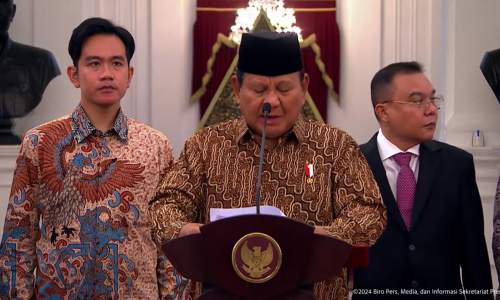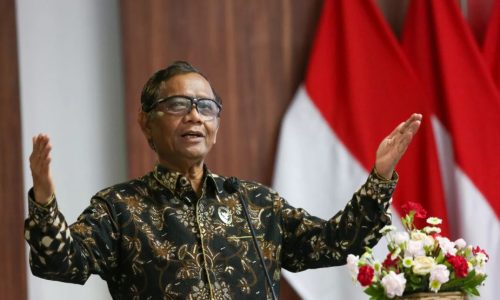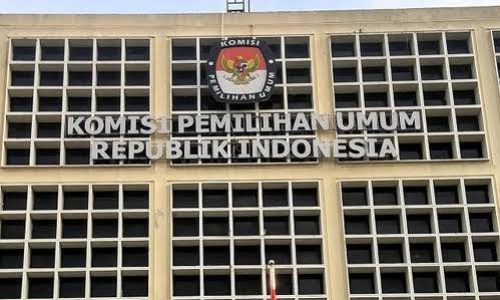The Indonesian government has laid out a roadmap for the downstream processing of coconut products as part of its National Long-Term Development Plan (RPJPN) for 2025-2045.
One of the key areas of focus is the development of environmentally friendly aviation fuel, known as bioavtur, which derived from coconut oil.
Leonardo A. A. Teguh Sambodo, Special Advisor to the Minister of National Development Planning for Leading Sector Development and Infrastructure, said that the bioavtur initiative comes from Japanese investors, who possess the technology to process coconut oil into bioavtur.
“The initiative is being driven by the Indonesia-Japan Business Network (IJBNet), which has found a Japanese partner to produce bioavtur. IJBNet is currently preparing to build a crude coconut oil (CNO) factory in Banyuasin, South Sumatra,” Teguh said on Friday, September 27, 2024.
While the name of the company that will develop bioavtur in Indonesia has not yet been determined, production can only begin once the CNO factory is established.
Teguh highlighted that coconut is being chosen for biofuel production due to its international certification and approval, which palm oil has not yet received.
“Coconut is safe and approved for use. This gives it an advantage over palm oil, which has yet to obtain certification. Therefore, this potential needs to be harnessed,” Teguh added.
The CNO factory will process non-food-grade coconuts, providing an opportunity to utilize lower-quality coconuts that would otherwise go to waste.
This push for coconut downstream processing is supported by Law No. 59/2024, which emphasizes the use of domestic raw materials to drive the growth of Indonesia’s processing industries.
“Before 2020, Indonesia was the world’s largest coconut producer by volume and yield, but the Philippines has since overtaken us, especially during the pandemic,” Teguh noted.
The Philippines now leads with 3.7 million hectares of coconut plantations, compared to Indonesia’s 3.3 million hectares. In addition to volume, the Philippines has also surpassed Indonesia in exporting coconuts and related products, further highlighting the challenges Indonesia faces in the sector.
Teguh emphasized that Indonesia’s coconut industry suffers from stagnant productivity, averaging 1.1 tons per hectare, with many of the plantations still relying on conventional cultivation methods. Around 378,000 hectares of coconut trees are old and in need of replacement.
However, Indonesia’s current capacity to produce seedlings falls far short of demand. While the nation can produce 1 million seedlings per year, the need stands at 41 million, creating a significant gap.
“If we aim to replace all the old coconut trees, it would take 38 years at the current pace. Therefore, there is a need for acceleration, driven by growing demand from markets in the U.S., Europe, and China, particularly for coconut milk,” Teguh said.









